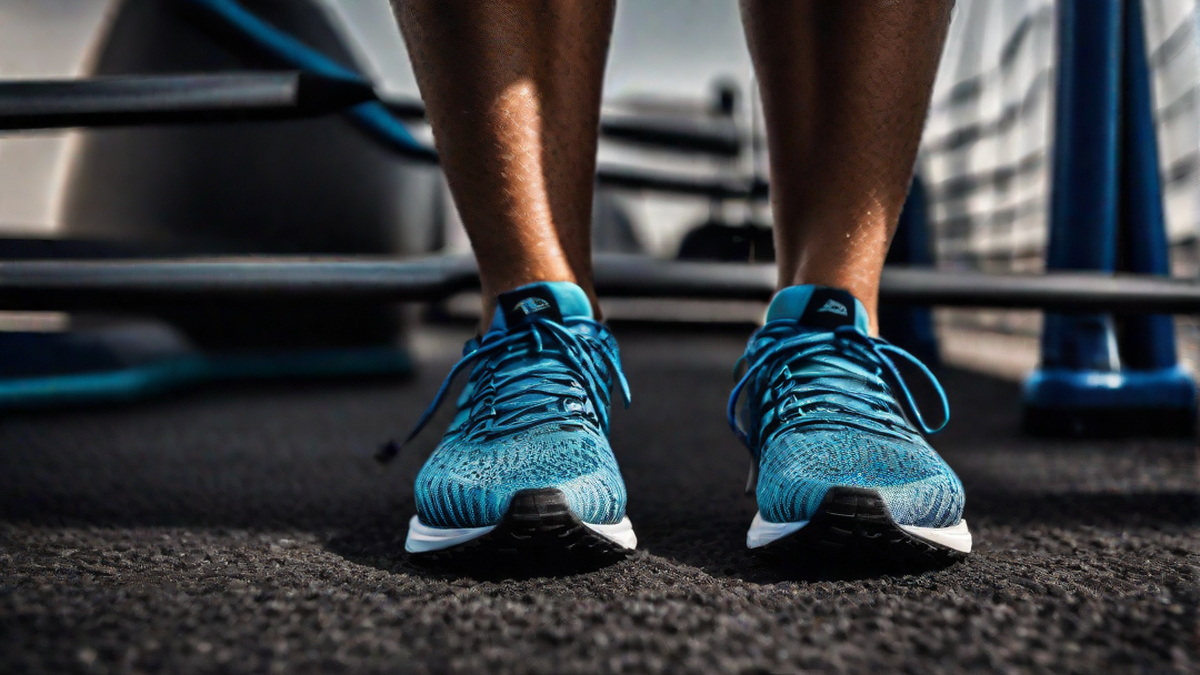When I first started running, I noticed that my quads would often feel sore and achy after my runs. It was frustrating because I wanted to keep pushing myself, but the pain in my quads was holding me back. I decided to do some research to understand why this was happening and how I could prevent it. Here’s what I found:
1. Muscle Fatigue
One of the main reasons why your quads might be hurting after running is simply because they are fatigued. When you run, your quads are working hard to propel you forward and support your body weight. This constant contraction and relaxation of the muscles can lead to fatigue, causing soreness and discomfort.
2. Muscle Imbalance
Another possible reason for quad pain after running is muscle imbalance. If your quads are significantly stronger than the muscles in your hamstrings or glutes, it can put excessive stress on your quads during running. This muscle imbalance can cause overexertion and lead to soreness.
3. Inadequate Warm-up
Skipping a proper warm-up before your run can also contribute to quad pain. A warm-up helps to increase blood flow to your muscles and prepares them for the upcoming activity. Without a proper warm-up, your quads may not be ready for the demands of running, leading to discomfort and soreness.
4. Overtraining
Overtraining is a common mistake that many runners make, including myself. Pushing yourself too hard and running too frequently without proper rest can lead to overuse injuries, including quad pain. It’s important to listen to your body and give yourself enough time to recover between runs.
5. Running Technique
The way you run can also contribute to quad pain. Running with improper form, such as landing heavily on your forefoot or overstriding, can put excessive stress on your quads. It’s essential to have a balanced running technique to prevent unnecessary strain on your muscles.
6. Running Surface
The surface you run on can make a difference in how your quads feel after a run. Running on hard surfaces like concrete or asphalt can be more impactful on your muscles, leading to increased soreness. Consider running on softer surfaces like grass or trails to reduce the impact on your quads.
Conclusion
Understanding why your quads hurt after running can help you take the necessary steps to prevent and alleviate the discomfort. Remember to prioritize rest and recovery, perform a proper warm-up, and work on strengthening all the muscles involved in running. By addressing these factors, you can enjoy your runs without the nagging quad pain.

